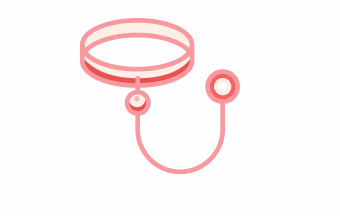Everything You Need to Know About Vaccinating Young Cats
 December 23, 2023
December 23, 2023
Cat owners should be extremely worried about the well-being of their felines, and inoculation is a significant piece of guaranteeing the soundness of their felines. Particularly for youthful felines, inoculation can forestall numerous sicknesses, yet in addition lessen the gamble of serious disease when tainted with the infection. Underneath, we detail all that you really want to be aware of immunizing youthful felines.
In the first place, immunization of youthful felines is significant for two principal reasons. To start with, inoculation can assist with safeguarding youthful felines against normal viral sicknesses, for example, cat plague, cat herpes infection and cat calicivirus. These infections spread quickly in feline populaces and can undoubtedly cause huge episodes without powerful counteraction. Second, immunization can animate the insusceptible arrangement of youthful felines, so they can deliver comparing antibodies all the more rapidly after contamination, decreasing the gamble of serious ailment.
Moreover, immunization plans for youthful felines fluctuate contingent upon your feline's age and weight. As a rule, youthful felines can begin immunization at 6 two months old enough, and a veterinarian ought to be counseled for the specific time. After the main immunization, a subsequent inoculation ought to be allowed 2 a month separated, and afterward a third inoculation ought to be allowed 2 a month separated. In the wake of finishing the three-portion basal vaccination, an immunizer test at 12 weeks old enough is prescribed to assess the resistant impact.
WhatŌĆÖs more, there are a variety of cat vaccines available on the market, and common ones include the triple cat vaccine, the feline leukemia vaccine, and the feline rabies vaccine. For young cats, the feline triple vaccine is the most common option and protects against several of the common viral diseases mentioned above. When choosing a vaccine, it is recommended to consult your veterinarian and make the choice according to your cat's specific condition. After completing the vaccination, there are several things to pay attention to: First, avoid bathing your cat or changing its diet for a week after the vaccination to reduce the risk of infection; Secondly, take your cat to the veterinarian regularly for antibody testing to ensure immune effect; Finally, seek medical attention when your cat has abnormal symptoms.
In short, vaccinating your kittens is crucial to them and if you follow and obey the above-mentioned suggestions, you will absolutely have a healthy and happy time with them.

What Should I Pay Attention to When Grooming My Dog

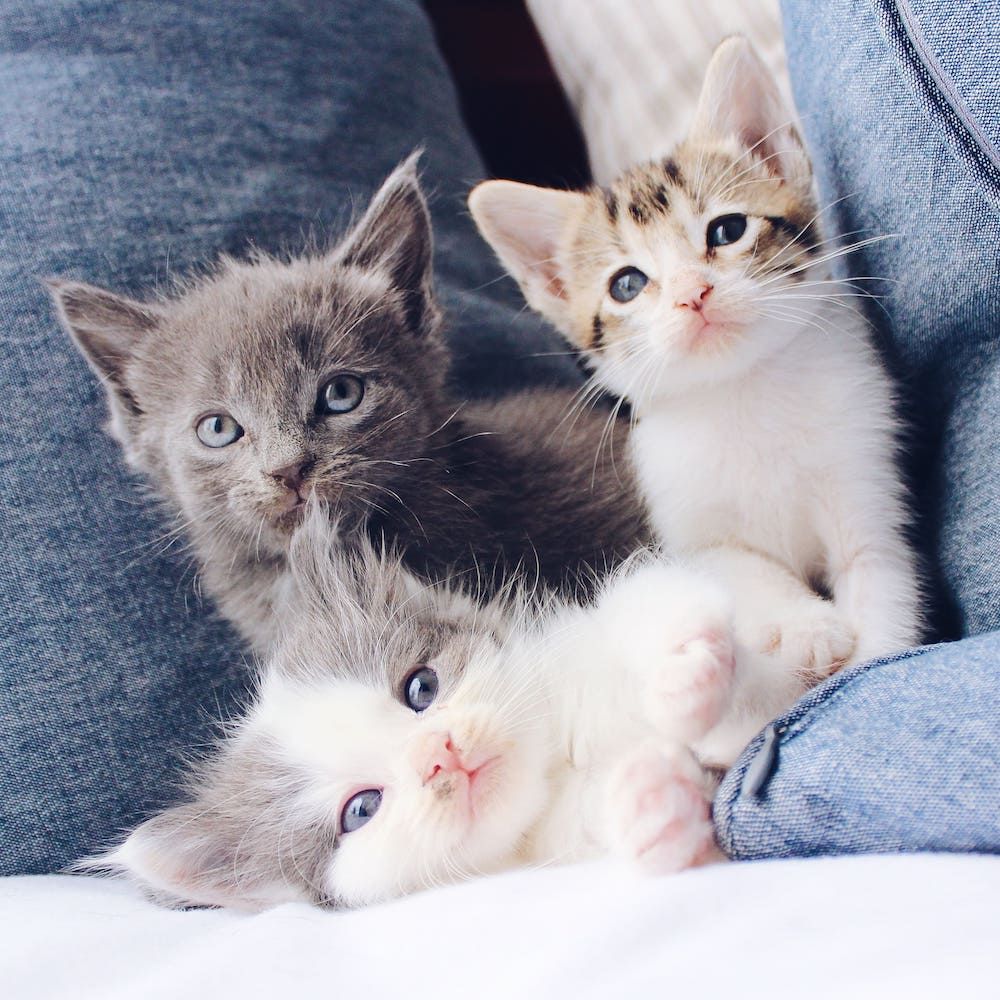
The Key to Successful Pet Sales: Effective Pet Marketing Strategies

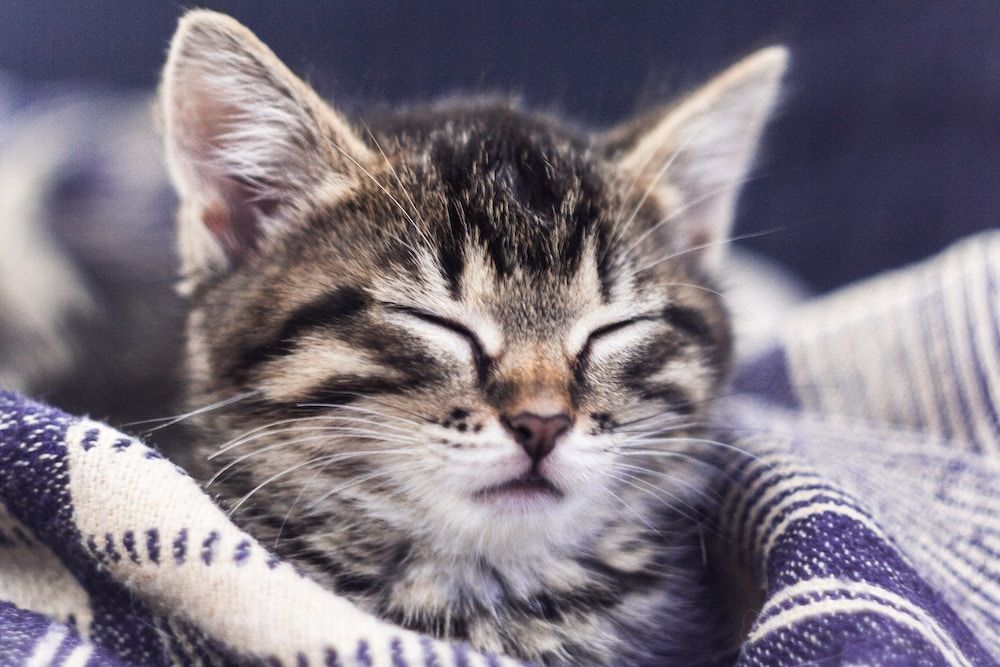
The Benefits of Pet Can Milk: Provide Comprehensive Nutritional Security for Your Pet

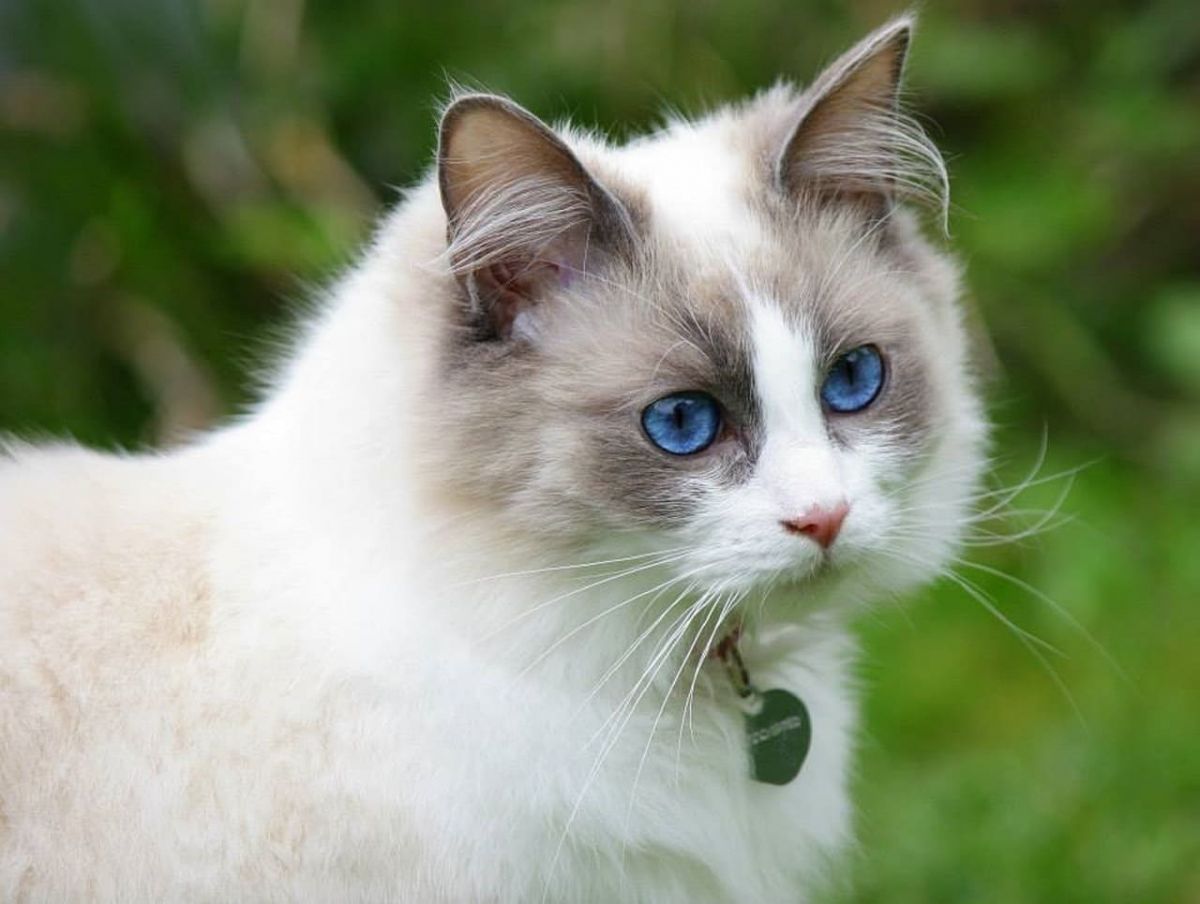
What Does the Ragdoll Cat Like to Eat

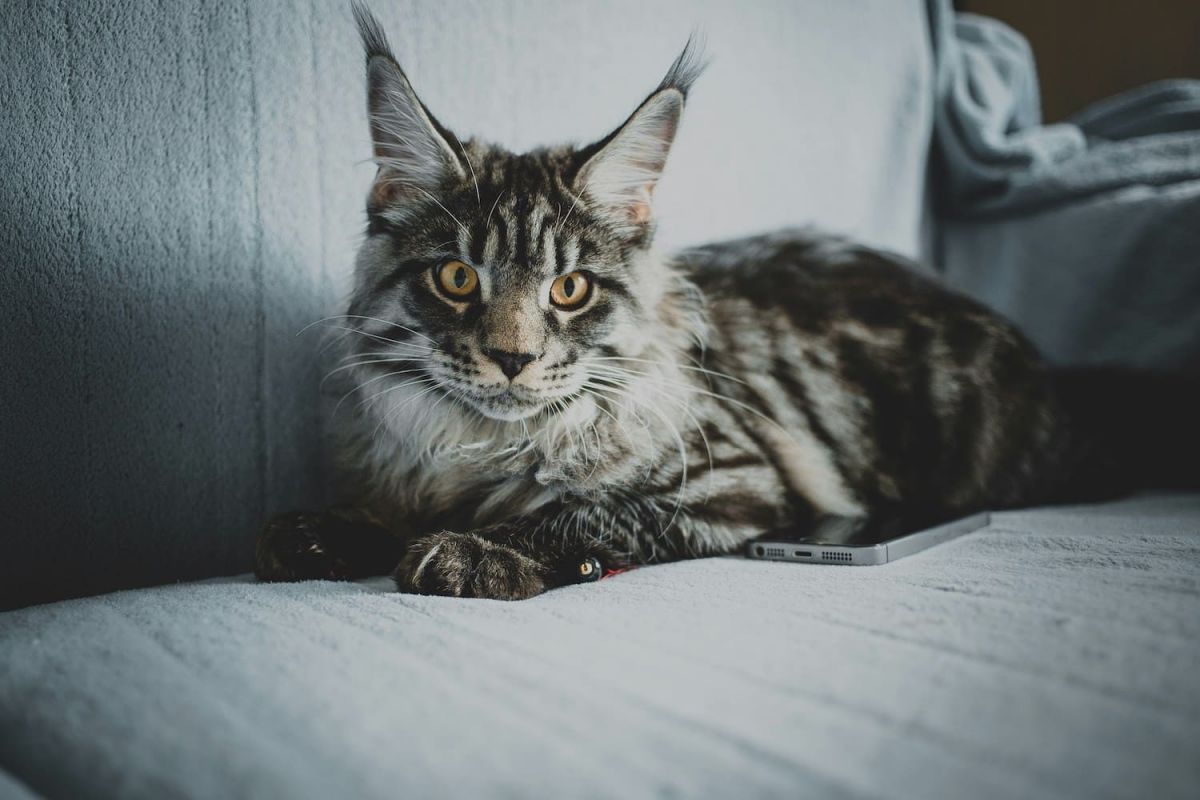
Are Maine Coon Cats Easy to Keep


Chinese Pet Goldfish Invade North America


A Seven-year-old Chinese Dog Has Won a Competition to Be the World's Ugliest Dog

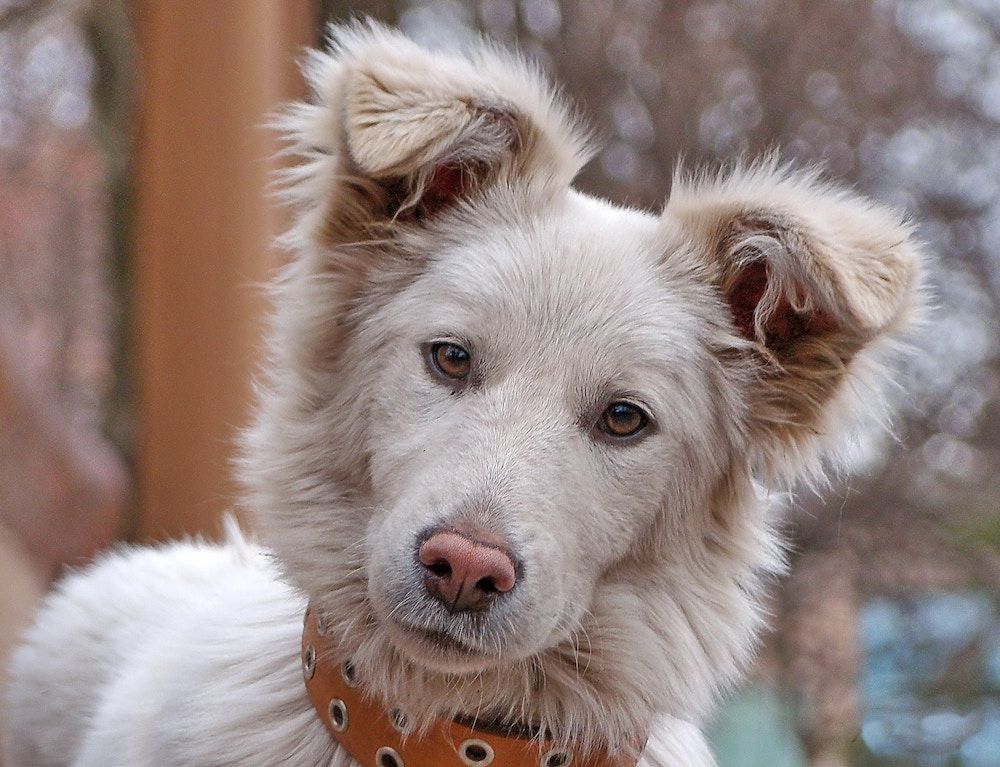
Russia's 18-year-old Pet Dog Came Back to Life


A Dog Ran Home a Week Later Even Being Abandoned 50 Kilometers Away

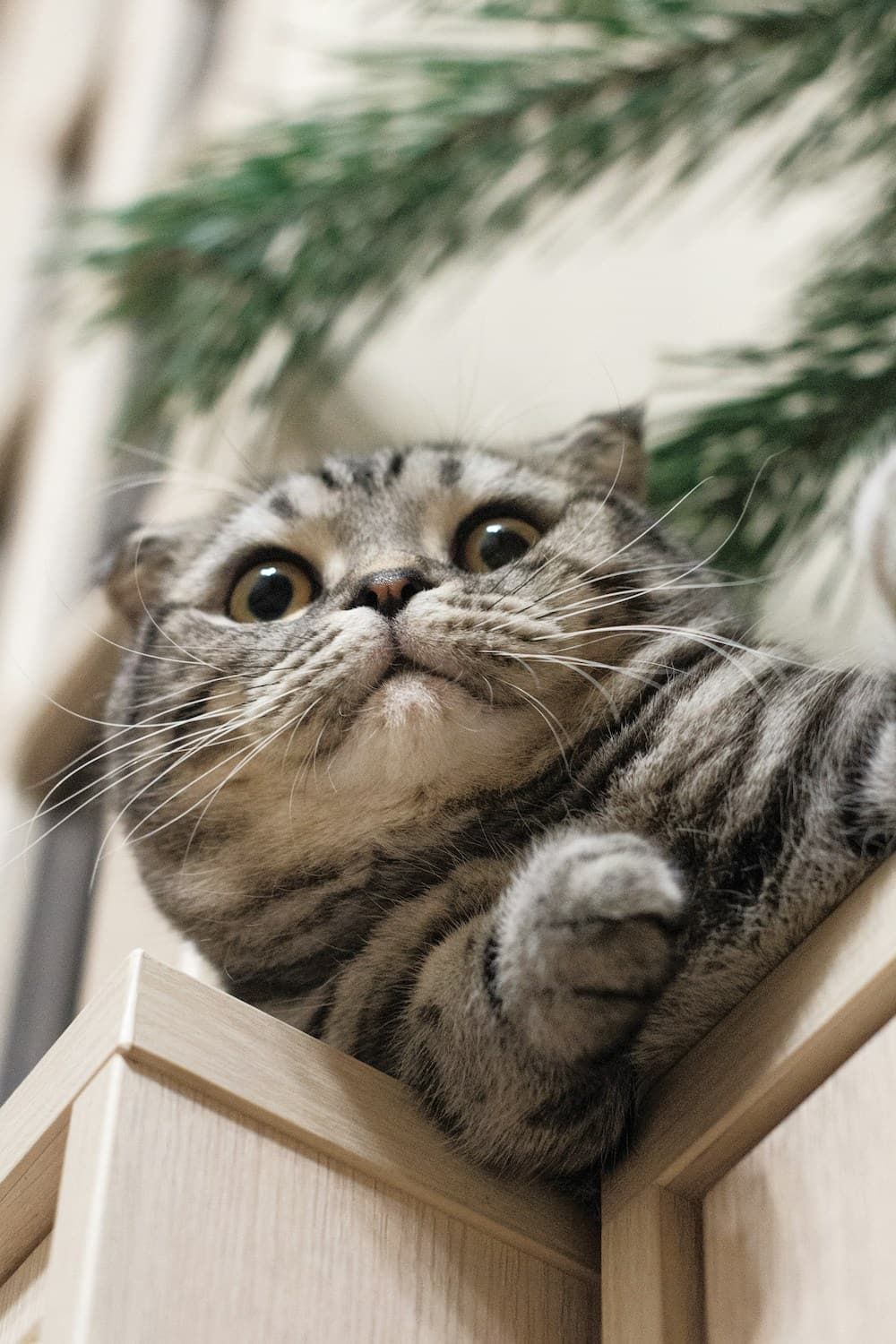
What Behaviors Harmful to Pets Are Restricted By Law in the United States?


A Man Earns $100,000 a Year Only Walking the Dog and Picking Up Dog Poop

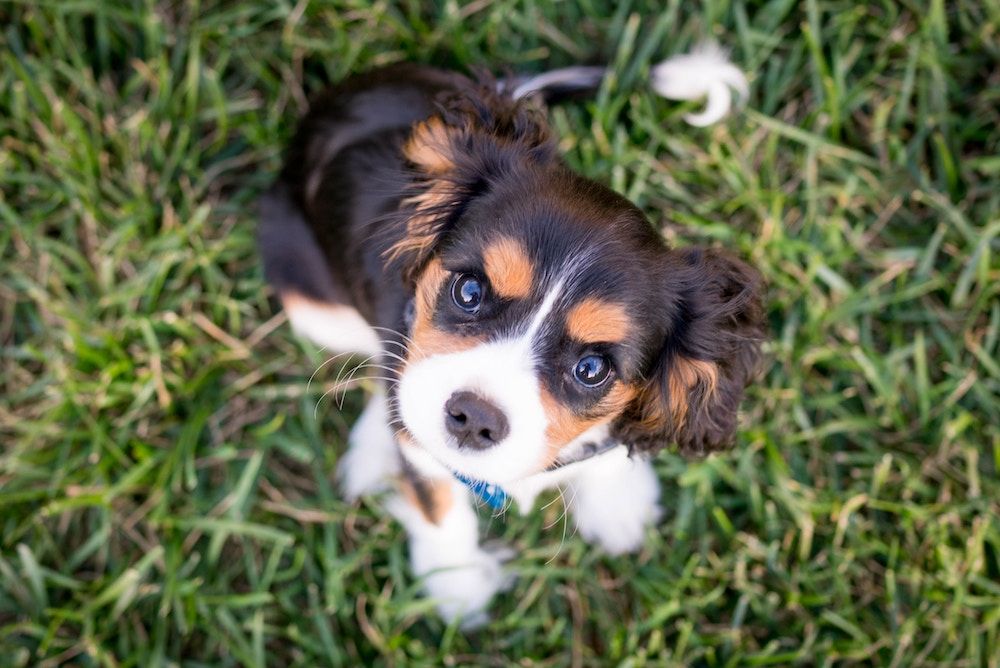
A Man Offers a Reward of 10 Million to Look for the Lost Dog Was Doubted by Netizens


A Man Paid $150 for a Dog That Turned Out to Be a Brazilian Rat

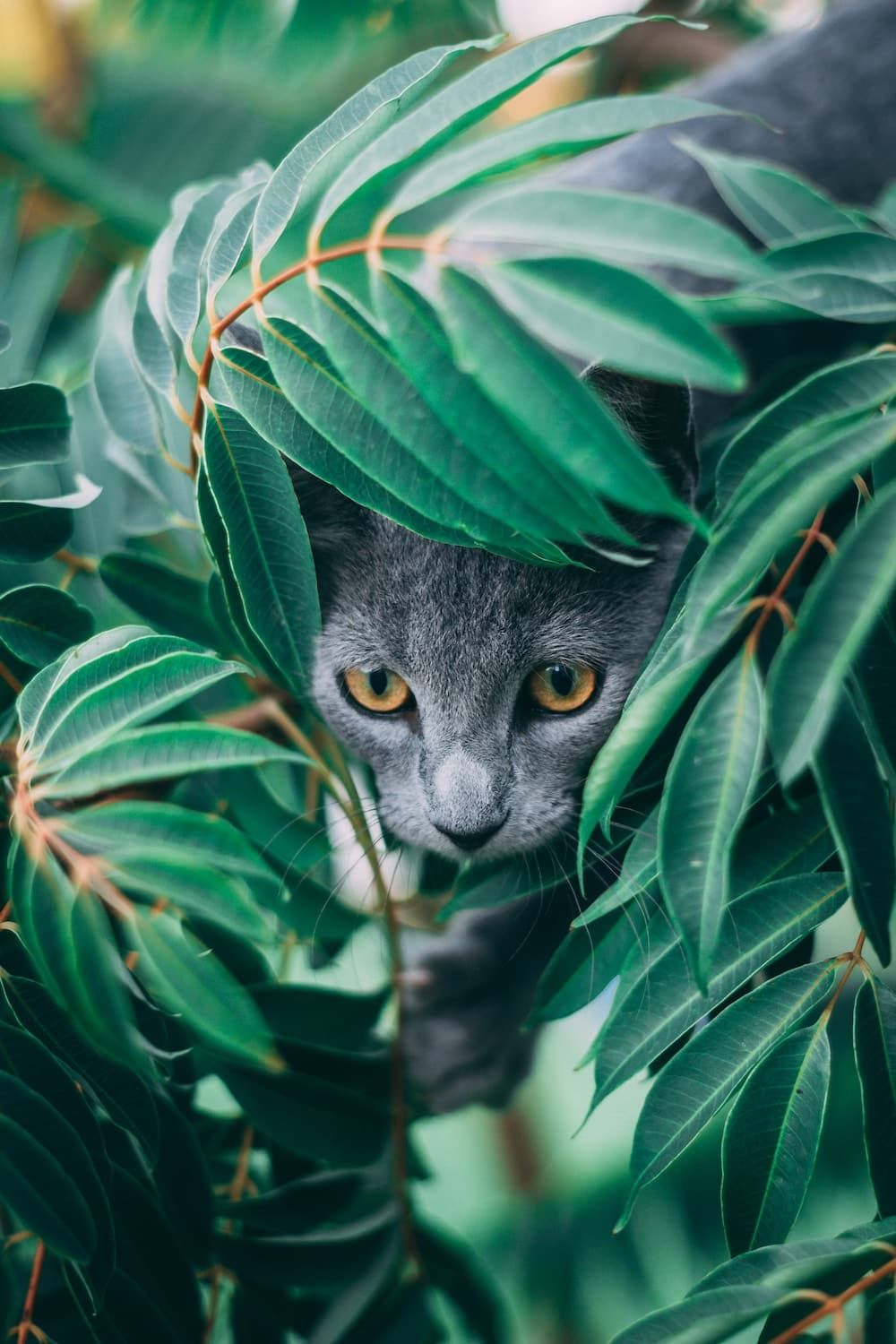
Unluckiest Cat of the Year: Got Hit By a Couch and Stitched Up


The Owner Taught the Dog to Talk, Then Something Horrible Happened















